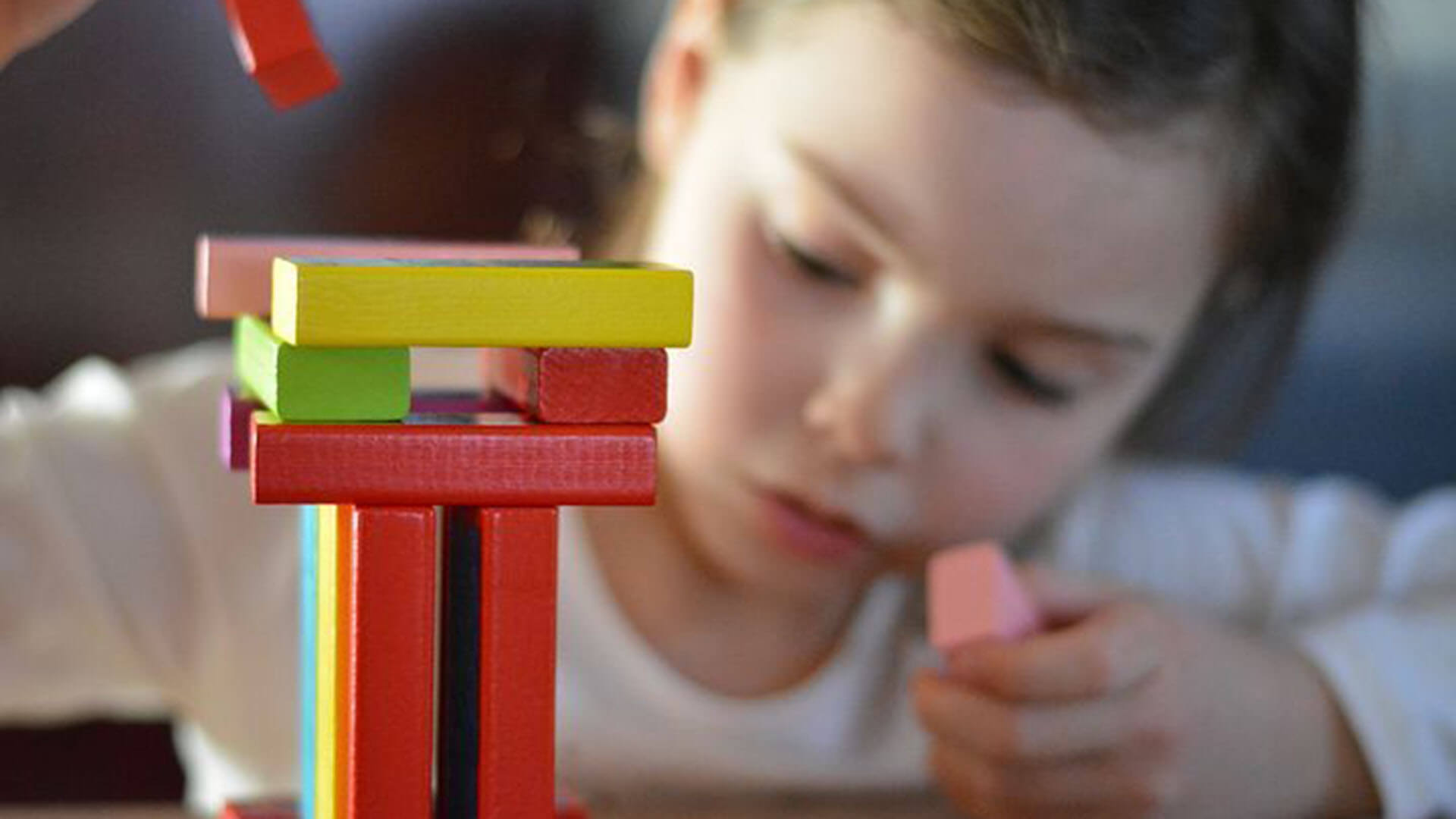
How to Know if Your Child Needs Therapy
Clinician post by Dr. Kyler Shumway
Postdoctoral Fellow, Deep Eddy Psychotherapy
Childhood should be about joy, hope, and adventure.
Riding bikes with friends, chewing humongous wads of bubblegum, and Saturday morning cartoons.
Kids learn how to play, how to love, and how the world works.
Those ephemeral childhood years are preciously important, and also sometimes stressful. Challenges, like making friends and going to school, add up. Tragedies like bullying, abuse, and loss enter the picture. No wonder nearly 1 in 10 kids experience some sort of emotional or psychological issue (Planczyk et al., 2015).
Thankfully, kids are resilient – they learn to adapt, bounce back, and grow. And sometimes, they just need a bit of support to make that happen.
That’s where therapy comes in.
So, how do you know if your child needs therapy? The best way to answer this question is to ask four more questions.
Four Questions to ask when deciding if your child needs therapy
Question #1 – Are they unsafe or taking risks?
Safety should always come first.
If your child’s behavior makes you worried that they might be at risk of being hurt, hurting themselves, or harming someone else, seek professional help immediately. Some examples of this might include:
- Running away from home
- Bullying (being bullied or being the bully)
- Getting in fights with other kids
- Self-harm (cutting, scratching, banging head, etc.)
- Thoughts of death or suicide
Therapy is the first line of defense against issues that underly harmful and risky behaviors. No matter how scary or difficult things might seem, we can help.
Question #2 – Are they distressed?
Most parents can tell when their children are distressed.
However, mental health issues can look different in children, and adults sometimes mistake depression or anxiety for laziness, “being a brat,” or rebelliousness. Some other common signals of distress might include:
- Nervousness or worry
- Irritability or grumpiness
- Frequent tearfulness
- Frequent tiredness
- Loneliness
If any of those seem true, chances are there may be some emotional turmoil underlying their behavior – which means yes, they could probably use some therapy.
Question #3 – Is it causing problems?
This question is all about dysfunction – is what’s happening for your child creating difficulty in your life or theirs?
For example, a kid who can’t control their impulses might overeat or spend endless hours playing video games, but they probably wouldn’t seem too distressed about it. However, if their grades are failing or if they are eating past satiation, then the behavior is causing problems. Other examples of problematic behavior might include:
- Fighting or arguing
- Refusal to comply with or obey parent requests
- Poor academic achievement
- Skipping school
Anything that gets in your child’s way or makes things worse would count as dysfunctional. If your child’s behavior is causing problems, therapy can provide solutions!
Question #4 – Is what’s happening abnormal for their age?
Every child is unique, each with their own gifts and quirks.
However, sometimes those differences signal an underlying challenge. Some differences may be genetic, while others may be learned or acquired. A few examples of abnormal or atypical challenges might include:
- Autism (differences in social interaction, language, and sensory processes)
- ADHD (differences in activity level, need for stimulation, and attention span)
- Learning disability or difficulty
- Difficulties with toilet training and or bedwetting
- Difficulties making friends
If something seems different, “off,” or unexpected with your child, a mental health evaluation can help identify what’s going on and provide support.
How can therapy help my child?
As you could probably guess, if you answered “yes” to any of the four questions, then chances are your child could benefit from seeing a mental health professional. But how will that help?
Therapy for children is designed to do three main things:
- Provide a safe, judgment-free space. Children often struggle with opening up with parents and other family members, and therapy offers a chance for your child to express their thoughts and feelings freely.
- Teach skills. Kids can learn essential skills, such as healthy communication and emotion regulation, that help them overcome current challenges while also preparing them well for adolescence and adulthood.
- Address problems with practical solutions. Parents and children can discover new ways to deal with life’s challenges by collaborating with therapists and developing strategies that actually work.
Child therapy is typically different from adult therapy, as therapists will often incorporate games, arts and crafts, and other activities to help young clients express themselves and learn important concepts.
It’s true what they say: it takes a village to raise a child. Here at Deep Eddy Psychotherapy, we offer compassionate, confidential therapy services for kids and their families.
If you are feeling overwhelmed, stuck, and unsure how to best help your child, we are here for you. You don’t have to do this alone.
Contact us today to get started.
How does child therapy work at Deep Eddy Psychotherapy?
We try to make the process simple and straightforward.
First, contact us using this site so that our scheduling team can connect with you. Once an initial appointment is set, you and your child will meet together with one of the therapists at one of our conveniently located offices. As a helpful reminder – make sure to show up early (about 15-20 minutes) to fill out any paperwork that wasn’t completed online.
The first session, called the “intake” appointment, is designed to help you, your child, and the therapist get to know one another, assess what might be going on, and develop a plan moving forward. Depending on your child’s age and needs, parents may be more or less involved in future sessions. Together, we carefully monitor your child’s progress and continue to reevaluate and plan as needed.
Therapy can give your child a unique chance to learn, grow, and reach new heights. Our team seeks to offer the utmost quality of care for all we work with – you and your child deserve nothing less.
If you have questions or would like to hear more, please let us know! We would love to hear from you.
